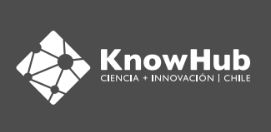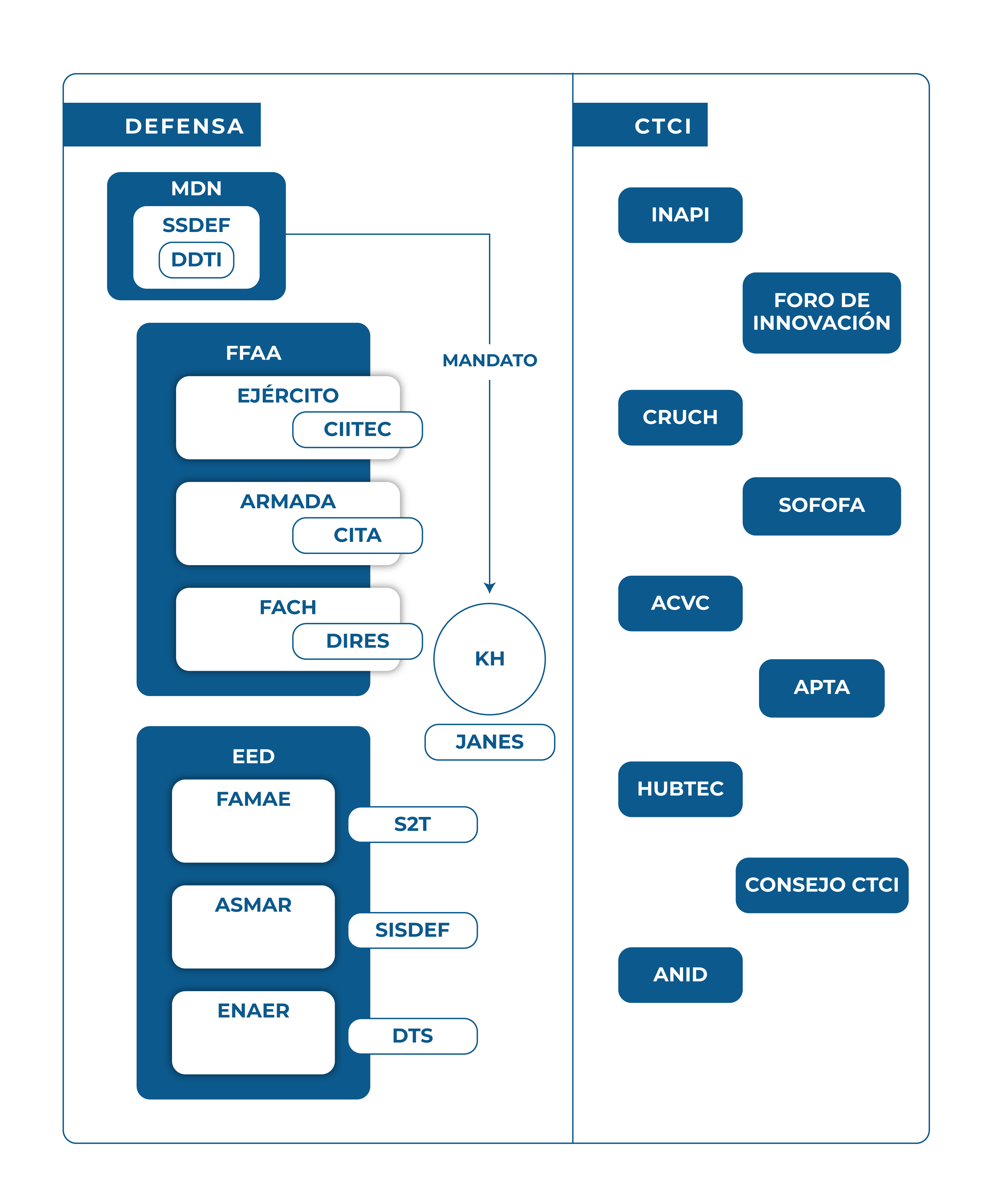NEWS
+ News
KNOW HUB IGNITION SELECTS 16 PROJECTS FOR ITS SECOND GENERATION
Entrepreneurships transforming plastic in fuels to sensory bands for visually-impaired people, going through cryptographic keys based on our DNA, will become part of this Know Hub Chile and the University of California Riverside support programme for entrepreneurship, which starts its 15-week training process.
The second generation of Know Hub Ignition programme begins, supporting the formation and maturation of Science and Technology-based entrepreneurships. 16 selected projects will start a 15-week period of hard work, under Know Hub Chile and University of California, Riverside (UC Riverside) guidance. This process will end with the selection of three teams which will be participating in a one-week immersion process in California, including meetings with potential suppliers, allies, clients and investors.
Know Hub Ignition second generation has grown compared to the first in 2019: It received 66 applications from all the ecosystem, an increase of 20% over last year. Besides, 16 teams will take part in the programme this time, instead of 11 in 2019. Another interesting fact is that out of the selected 16, 8 come from other Regions, 7 from Santiago and 1 from abroad (Colombia).
According to High Direction Women (Mujeres Alta Dirección – MAD network), only 6% of the startups are created exclusively by women. Seeking to reverse this current trend, Know Hub Ignition 2020 call had a gender approach: the goal of 25% quotas targeted to proposals led by women was exceeded by far, reaching 38% of the selected teams. Moreover, a great deal of the projects (69%) have a woman as part of the team.
“Few are the initiatives dedicated entirely to Science and Technology-based entrepreneurship, and certainly none with the level of depth and dedication tackled by Know Hub Ignition. Considering the results so far, entrepreneurship has become an effective instrument of technology transfer, being, in addition, where Know Hub Chile generates greater value to its partners, entrepreneurs, and the ecosystem in general”, Know Hub Chile Executive Director Javier Ramírez, commented.
“We have a wide and interesting variety of selected projects which, we are certain, will be benefited by Know Hub Ignition. This is a unique programme, as we adapt the USA National Science Foundation I-Corps methodology to the Latin American reality and culture, and monitor the entrepreneurs with a team of UC Riverside experts and mentors, helping them to accelerate the marketing of their technologies”, added Rosibel Ochoa, Vice Chancellor associated to Technology Alliances and I-Corps Site Director at UC Riverside.
During these 15 weeks, teams will be given I-Corps methodology-based training (Innovation Corps), which is focused primarily in finding out whether there is market for their idea, through early validation with industry. Entrepreneurships will also have key support in their corporate structuring and in their intellectual property strategy (company set-up), together with national and UC Riverside experts mentoring so that their technology gets to reach the society and the market.
The selected teams to participate in Know Hub Ignition second-generation programme are:
Environment and Energy
- Smart Shower Box (U. of Bío-Bío): smart time and temperature automatic control shower.
- Photio (startup Fractal): air decontamination through nanomaterials added to paints or asphalt which are activated in the presence of UV radiation.
- EcoFuels (U. of Chile): transformation of plastic waste in fuels.
- Aphytech (Cientech of Colombia): Decarbonising technology of internal combustion engines with oxihidrogen (HHO) gas.
Health
- MOV (U. of Talca): sonar field sensory band for visually impaired people space orientation.
- Hebralab (U. Chile): cannabis in vitro culture with high Cannabidiol or CBD content (non-psychoactive component) and low THC content (psychoactive), for the stable production of organic extracts with antioxidant and antimicrobial potential.
- Vectorial Trap (U. of Talca): Smart trap for Hanta virus detection.
- Exponential Digital Health (startup): Virtual therapists who prescribe mixed reality exercise, machine learning and gamification
Agro, Veterinarian and Aquaculture Sector
- Lepto Alive (U. Austral): Leptospirosis early detection device. Leptospirosis is a bacterial disease affecting humans and a wide range of animals.
- Eugenslow (U. Católica of Temuco): natural insecticide kit.
- Bovine tuberculosis detection (U. San Sebastián) through a nanosensor with fluorescent semiconductor nanoparticles (QDs)
Engineering and Information and Communications Technologies (ICT)
- Digital Twins (U. of Chile and U. Tecnológica Metropolitana): virtual replication of an equipment or production line to carry out tests, monitoring or controlling in real time.
- Software TAS (U. of Bío-Bío): Synchronous Tele-Attendance Computer System.
- DNAkey (U. Andrés Bello): Safe management system for DNA-based cryptographic keys.
- DSIM (U. of Chile): Underground mining simulation software.
- Clean Optimizer (U. de Talca): Automated photovoltaic cleaning system.



